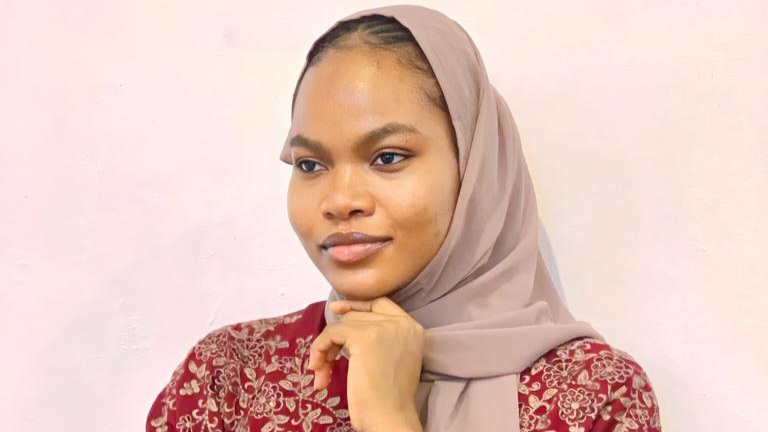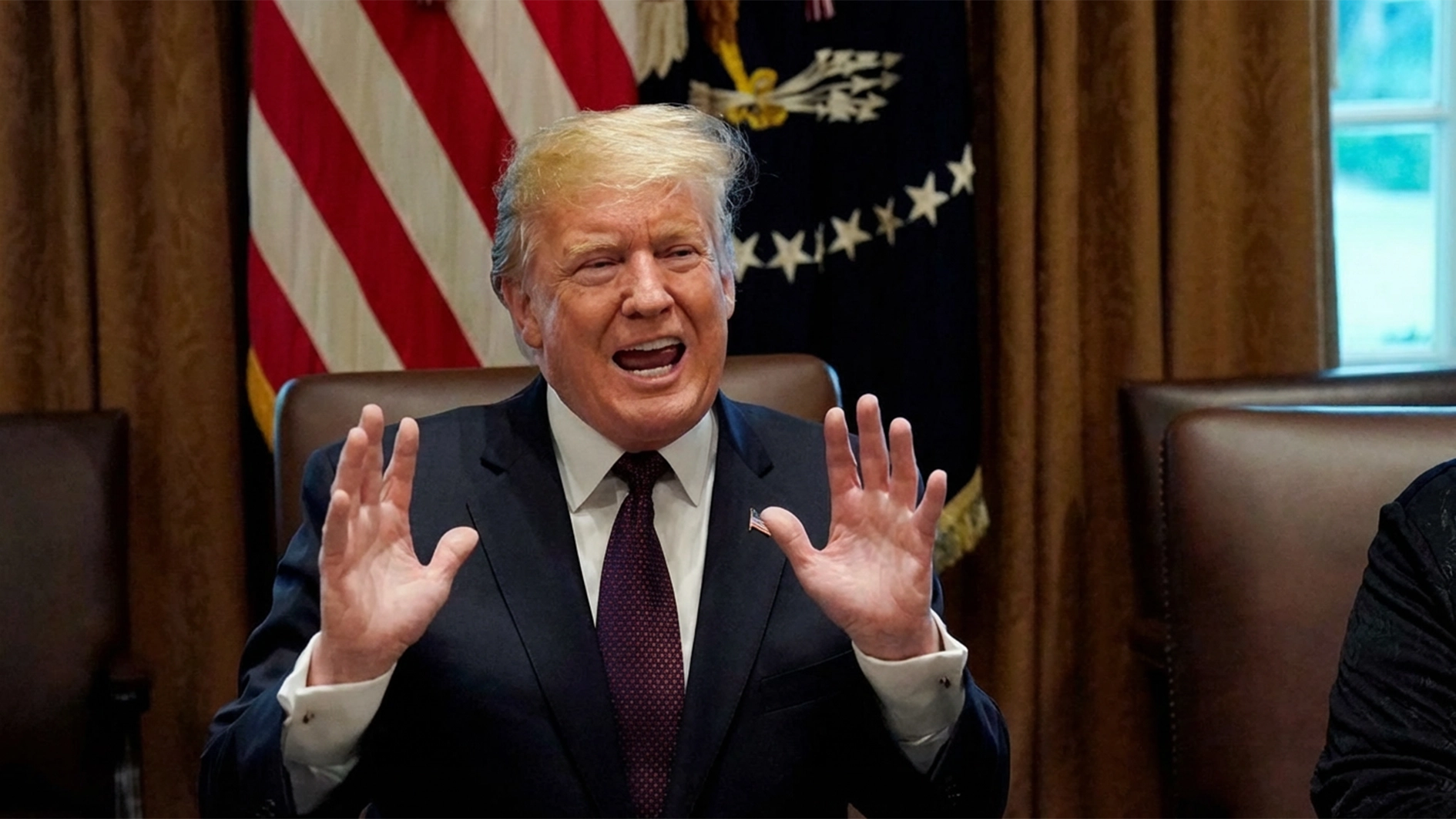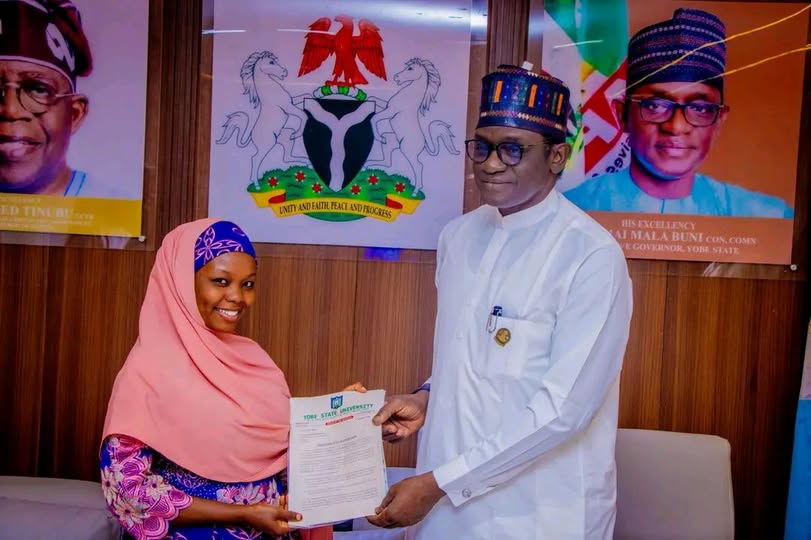
Africa is experiencing rapid urbanization, with cities expanding at an unprecedented rate. While urbanization offers significant economic and social opportunities, it also presents a formidable challenge in the face of climate change. As urban areas grow, so do their ecological footprints, contributing to greenhouse gas emissions, deforestation, and resource depletion.
However, by adopting sustainable practices and integrating climate change mitigation and adaptation strategies into urban planning, Africa has the potential to bridge the gap between urbanization and climate change, creating resilient and livable cities for the future. Here are some few points to highlight:
Understanding the Urbanization Boom in Africa:
Africa’s urban population is projected to double by 2050, reaching 1.34 billion people. This rapid urbanization is driven by factors such as population growth, rural-urban migration, and economic opportunities in urban areas. The concentration of people and activities in cities amplifies the environmental impact and vulnerability to climate change.
Mitigating Greenhouse Gas Emissions:
A critical aspect of bridging the gap between urbanization and climate change is reducing greenhouse gas emissions. African cities can implement a range of measures, including promoting renewable energy, improving energy efficiency in buildings, encouraging sustainable transportation systems, and enhancing waste management practices. These actions not only combat climate change but also improve air quality and public health.
Enhancing Urban Resilience:
Climate change impacts, such as extreme weather events and rising sea levels, pose significant risks to urban areas. To enhance resilience, African cities can invest in climate-smart infrastructure, including green spaces, flood-resistant buildings, and efficient drainage systems. Urban planning should also prioritize nature-based solutions, such as urban forests and green roofs, which mitigate climate risks while providing multiple benefits like improved water retention and biodiversity conservation.
Encouraging Sustainable Urban Transportation:
Transportation is a major contributor to carbon emissions and air pollution in urban areas. African cities can promote sustainable transportation options, such as expanding public transit networks, investing in cycling and pedestrian infrastructure, and incentivizing electric vehicles. Integrated transportation planning and land-use policies that promote mixed-use development can reduce reliance on private cars and congestion, while improving accessibility and air quality.
Fostering Community Engagement and Education:
Bridging the gap between urbanization and climate change requires active community engagement and education. By involving local communities in decision-making processes, raising awareness about climate change impacts, and providing training on sustainable practices, cities can empower individuals to become agents of change. Community-led initiatives, such as urban agriculture, waste recycling, and energy cooperatives, can contribute to both climate resilience and local economic development.
In conclusion, the challenge of reconciling urbanization and climate change in Africa demands a holistic and integrated approach. By adopting sustainable urban planning practices, investing in climate-smart infrastructure, and promoting behavioral changes, African cities can become beacons of resilience and sustainability. Collaboration between governments, civil society, and the private sector is vital to create an enabling environment for innovation, resource efficiency, and inclusive development. By bridging the gap between urbanization and climate change, Africa can build thriving cities that offer a high quality of life while safeguarding the environment for future generations.
Zuwaira Ahmad Tijjani is an environmental manager and toxicologist / environmental activist, also the creative director of Eventsbyzou, a creative management body that focuses on planning, organizing and decorating of events.






